Welcome back to SheWired's exclusive series 'Out on Campus,' brought to you by SheWired Associate Shannon Connolly and Senior Editor Tracy E. Gilchrist. We are busy combing college campuses across the nation -- or even around the world -- to bring readers a varied perspective on coming out or being out at college.
Enjoy, and if you'd like to be a part of our series please email me at tracy.gilchrist@regentmedia.com.
This week we bring you two students from Penn State, Lianna Newman and DaVita Miles.
DaVita: When I attended Penn State Harrisburg my freshmen year, the school offered no LGBTQA organizations, or even a student resource center that dealt with the needs of the LGBTQA community. The atmosphere of the campus was very nonchalant about the LGBTQA, and you could count the number of “out” students on campus on one hand. Then, the out students and two allies decided to start the Penn State Harrisburg’s first Gay Straight Alliance, which had about seven students attend the first meeting. The meeting was held in a small room with no windows and little light on Tuesday nights. There was no clear mission about where we were headed and what we wanted to do with the club. Attendance dropped drastically and soon there were only 2-3 people attending the meetings on a weekly basis.
To get the word out about our organization, we posted flyers to advertise meetings. One of them was burned at the edges and a couple were taken down and crumpled up. We made the Chancellor aware of this, and she promised that if anyone was caught they would receive harsh reprimands, but that was not enough. Students were afraid to be “out,” not only because of the atmosphere on campus, but the atmosphere around campus, which was very conservative and only a few minutes away from a Ku Klux Klan sector. The negativity and the fear caused the club to go dormant for a year.
The next year, we decided to give the club a second try with a new president as well as a social and political agenda. As a member of the club I brought in news articles that focused on the LGBTQA community, and we would discuss our opinions on the issues while we ate snacks. We also planned to make trips to University Park for Pride Week events, and we even changed our location into a classroom with windows, and lots of lights.
In a way it was like we “came out” to the campus by letting people know that despite the few people who tried to scare people from attending meetings by ripping and burning our signs we were still going to exist. Before I transferred to University Park, attendance was on the rise, and I saw more students come out for meetings than ever before. To see the transition and progress that we had made in just a year was a very rewarding experience because we didn't give up and we were able to rise past adversity and lay down a foundation for friendly and safe environment for future students to enjoy.
DaVita
Lianna: I remember looking up the climate of Penn State’s campus before deciding to attend. Even though it received high rankings on “LGBT-friendly” college lists, I didn’t come out right away when I arrived here. Penn State University Park is a college town. And even though there are LGBT friendly businesses scattered around, the town itself has mixed views on the LGBT community. Some support it, some don’t care one way or another, and others speak out strongly against it. In truth, it wasn’t until the second semester of my freshman year I that I really became comfortable enough with who I am to tell other people.
The first person I really came out to was my roommate. Looking back though, even at that point, I was still just starting to figure things out for myself. After that conversation went well I attended my first PRIDE week held on campus, and my roommate even accompanied me to many of the events. At the end of that semester I went to the LGBTA Student Resource Center to sign-up to be a volunteer for the following semester.
The LGBTA Student Resource Center quickly became my new favorite place on campus. It was full of information about LGBT things on and off campus. It had brochures, fliers, magazines, a library, business cards for LGBT friendly businesses around campus and it even produced its own newsletter. There were also other student organizations affiliated with the center. The center and the student organizations put together events for National Coming Out week (in the fall) and PRIDE week (in the spring). I knew right away these were things I wanted to get involved in. The center even has a “hangout” area and a study area, so students can come socialize or just do homework.
Lianna
DaVita: When I first heard of the Center I was still a student at Penn State Harrisburg. I came up to University Park for a meeting with Claire Gonyo in the Center. She was the welcome wagon for the annual LGBTQA Leadership Retreat and told me to make myself at home at the center. The atmosphere was very friendly and inviting, there were rainbow flags everywhere you turned, educational pamphlets, buttons, event calendars, movies, and books on the LGBTQA community. Penn State Harrisburg had nothing like this available, I did not know a place like that even existed. When I transferred over to University Park, the Center became my second home. Through the Center I have met some of my closest friends here at University Park. We practically all live together, we watch movies, go to parties, and occasionally go out to lunch or dinner, and most importantly we are each other’s support systems here on campus. Penn State Harrisburg lacked a place like this that essentially unified the LGBTQA community.
Lianna: After volunteering for a year at the Center, I was offered the position of “Racial and Ethnic Diversity Intern,” a position I still hold. I act as the liaison between the Center and other student groups. I work with groups on campus such as the Black Caucus, the Asian Pacific American Caucus, the Multicultural Roundtable and a few others. I attend their meetings to meet their group members and make connections between their groups and the Center. I hand out fliers about upcoming events and work on facilitating events between some of the groups and the Center.
more on next page...
\\\
(continued)
These interactions allow me to get a deeper understanding of how other multicultural groups feel about LGBT issues and to have the chance to educate them as well. The reception is positive nine times out of ten. I also accepted a position as secretary for an LGBT group on campus called Undertones – a group for LGBTA Students of color. Having both positions -- one with the center and the other with Undertones -- I'm offered the opportunity to connect students from various organizations around campus.
DaVita: At the Penn State Harrisburg campus all my roommates knew that I was gay, and my campus was a small campus, so I knew that everybody would eventually find out. I remember one weekend in particular when my girlfriend stayed over with me. My roommates did not mind, but when we went to the cafeteria holding hands to get food I received tons of dirty looks, and at other times, confused faces from people that I had never met before. A few of the guys gave me the “Can I join you?” smile, but we ignored it and ordered food and sat down by the TV and ate. She felt uncomfortable that we weren't able to hold hands and that we didn't have the freedom to engage in any PDA like the straight couples on campus.
My professors knew I was gay because I frequently talked about the weekend plans my girlfriend and I enjoyed together. A lot of my professors my freshman year had LGBTQA support system flyers on their doors to let students know that they were allies. It was amazing the amount of support that the teachers gave and how they were much less judgmental than my peers when it came to issues involving the LGBTQA community.
From what I’ve experienced at University Park I think it is the same here. Teachers are still very supportive, and I still get those people who turn up their nose, the people who pity me because they believe I am going to Hell for the “sin” of homosexuality, and those who look at me in disgust when I leave the LGBTQA Student Resource Center, but honestly, thanks to the strong support I have from those close to me, the few dirty looks I do get no longer bother me.
Lianna: The center created PRIDE week t-shirts and I still wear mine regularly to identify myself as a part of the LGBTQA community. Often I get to work and others are wearing the exact same thing. Outside of the center the shirts are great for identifying other LGBT students and allies. Another way that I am able to identify myself as an LGBT student/ally is through my LGBT support network button attached to my book bag. The first time I put it on I was slightly nervous. I was afraid someone walking behind me would pull it off for no reason or that I would be harassed because of it. Luckily that never happened, so now my nerves have calmed and I always have it displayed. No one has ever commented on it, but I do hope that one day someone will approach me inquiring about it. I’d love to explain to a curious student what the Center does.
Penn State also has something called the LGBT Support Network. During my first two years here, I would occasionally attend my professors’ office hours. On one of those occasions, I noticed a rainbow sticker on my professor’s office door that said “LGBT Support Network.” Ever since then, I have used the Support Network (which publishes a list of LGBT supportive faculty members) as a guide at the start of each semester. I want to be comfortable in my classrooms, especially in writing intensive courses where I may reveal more personal details of my life, so the Support Network list has been extremely helpful in choosing my classes and professors. I remember going to my Creative writing Professor’s office to discuss a story I had written that was about a gay murder mystery. If I had not seen his Support Network sticker on the door of his office earlier in the semester, I would not have even considered writing the story, let alone been able to speak to him about it. I feel very restricted in my writing when I am uncomfortable writing about LGBT things.
Both the Support Network and the Center are great, concrete organizations that exist on our campus to show visible support for the LGBTQA community here. Between those organizations and the personal connections made in social circles, Penn State provides a pretty great atmosphere for LGBTQA students.
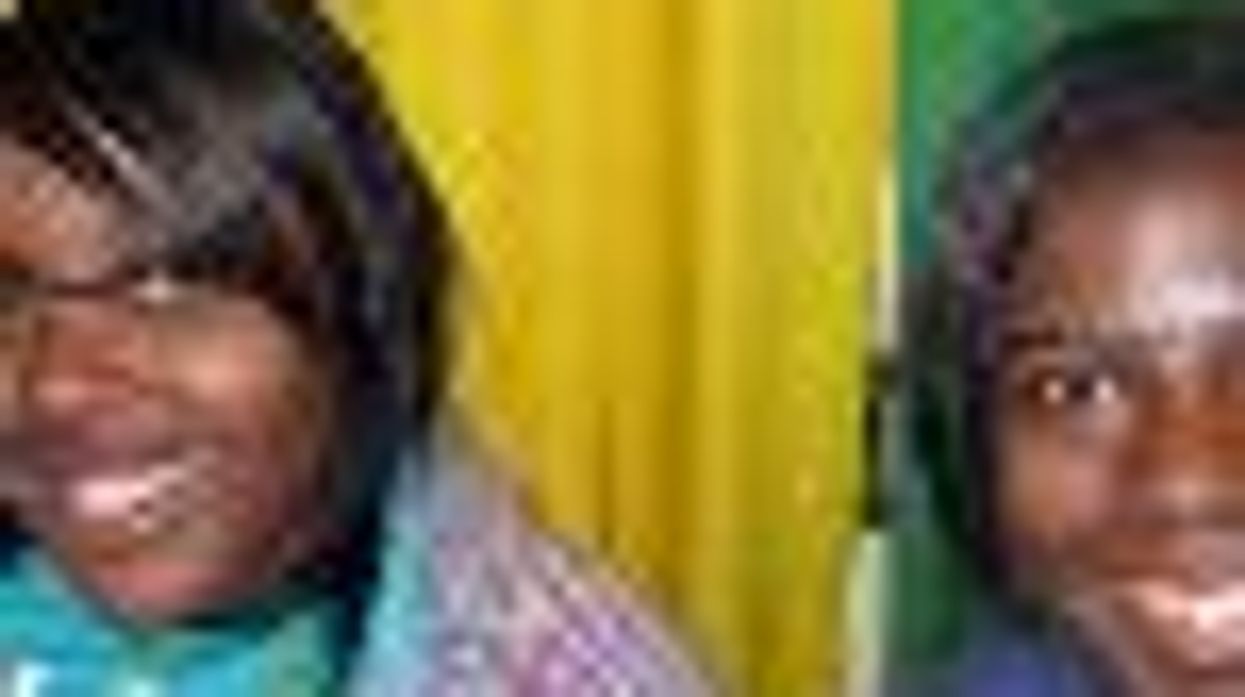













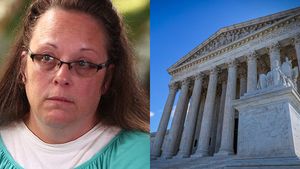

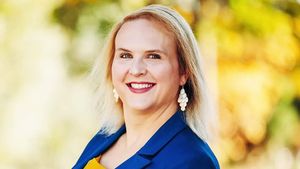
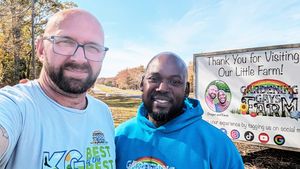







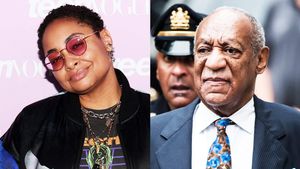
















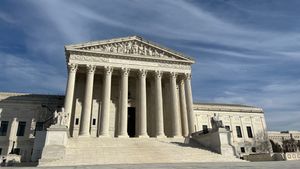
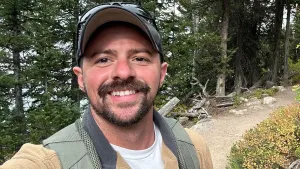

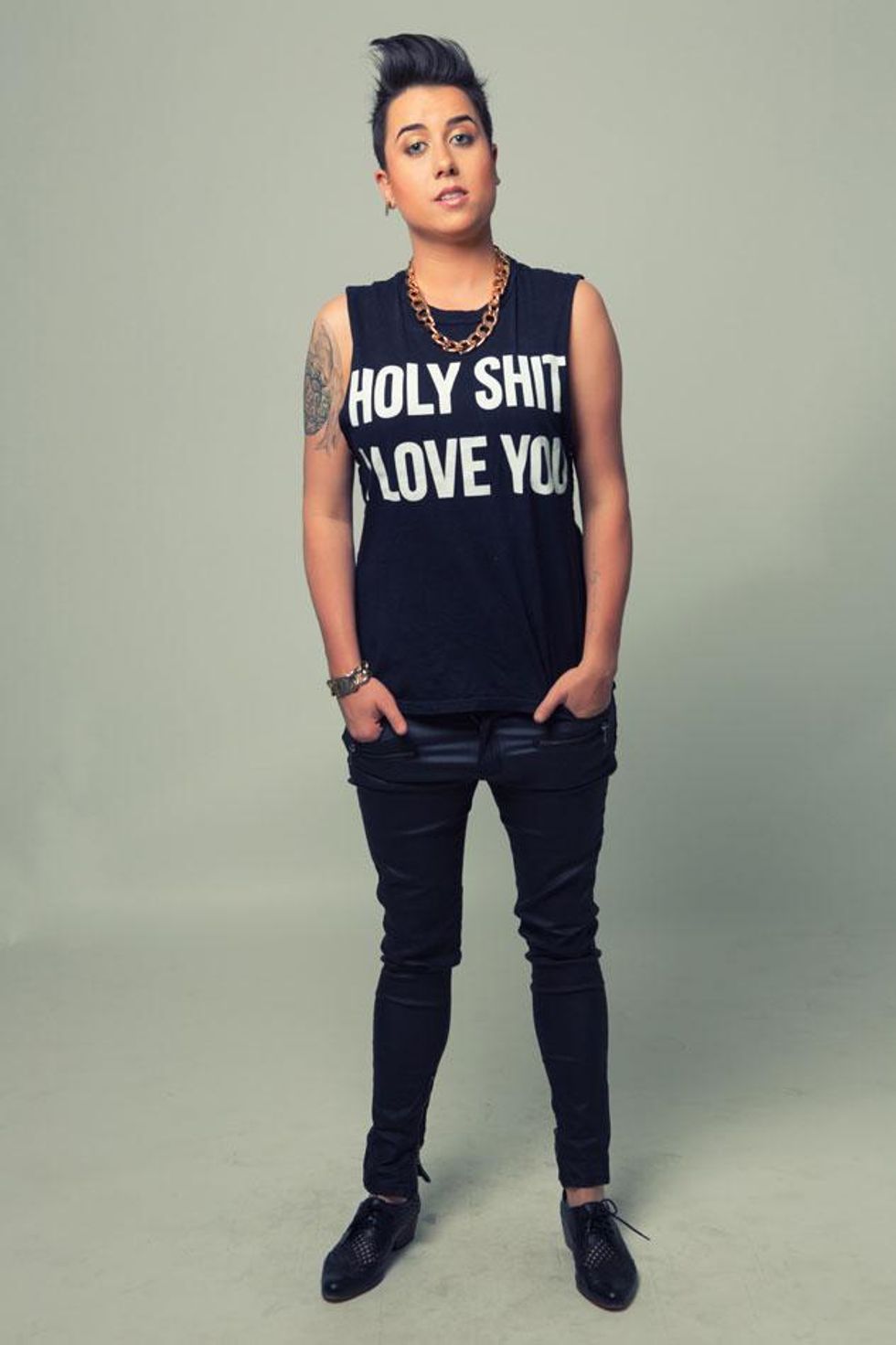

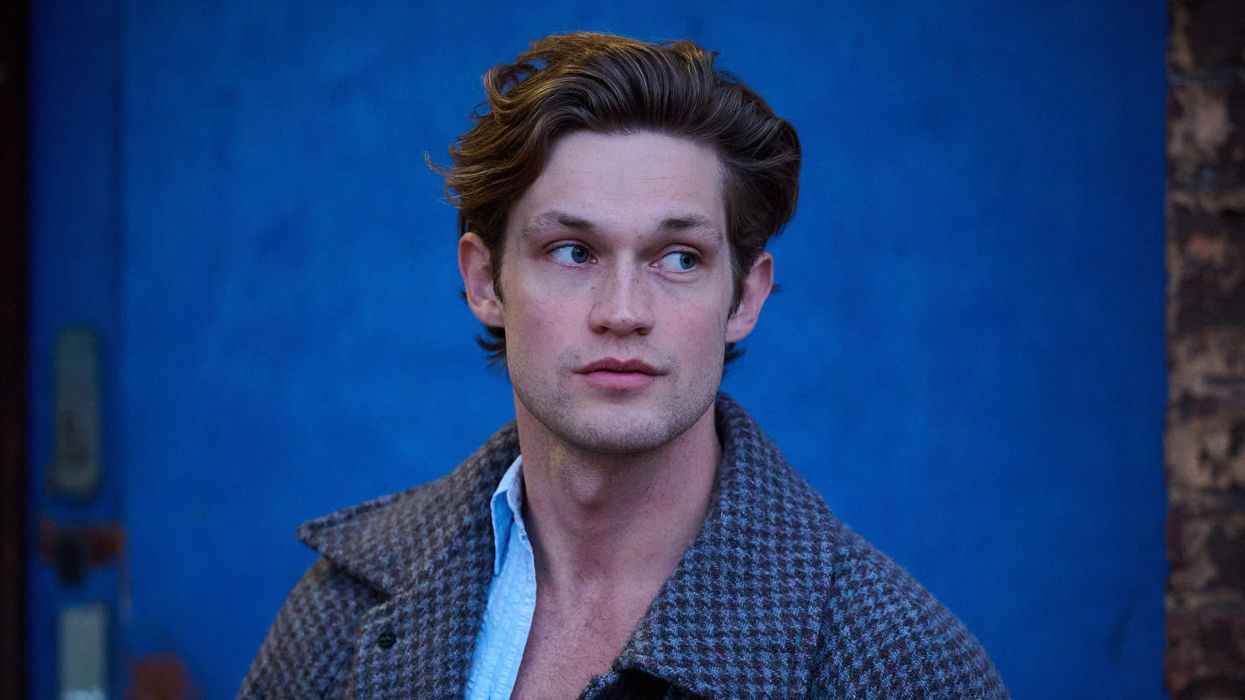
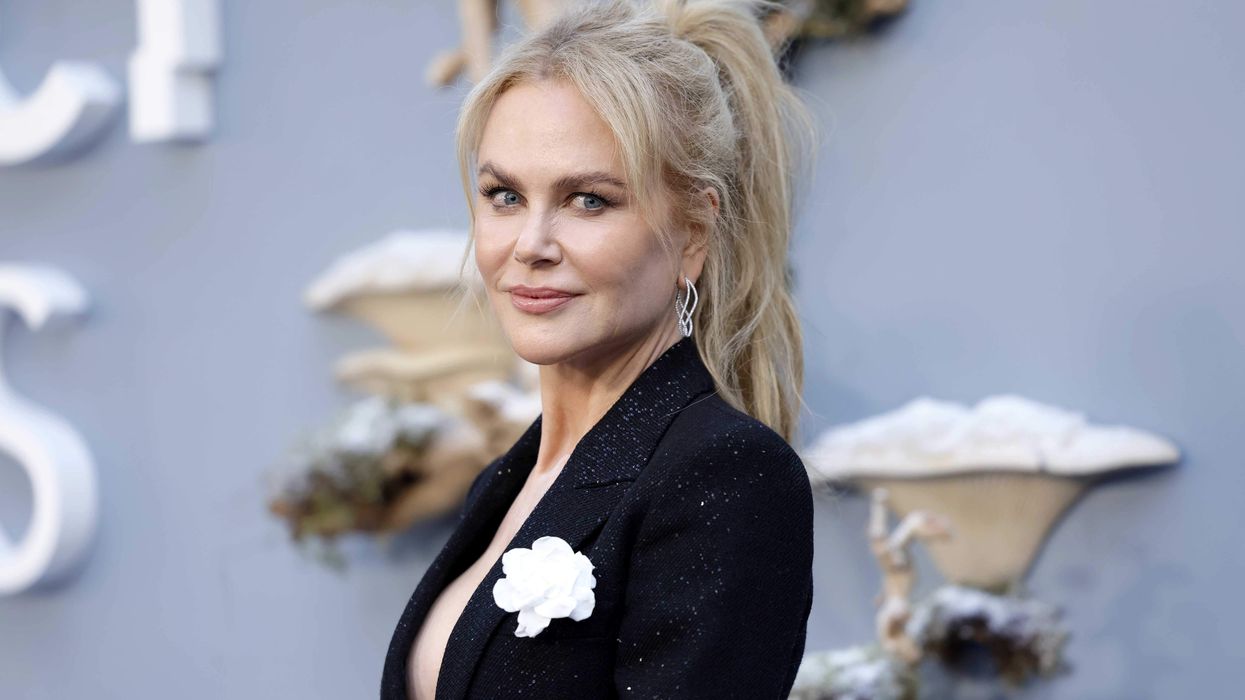
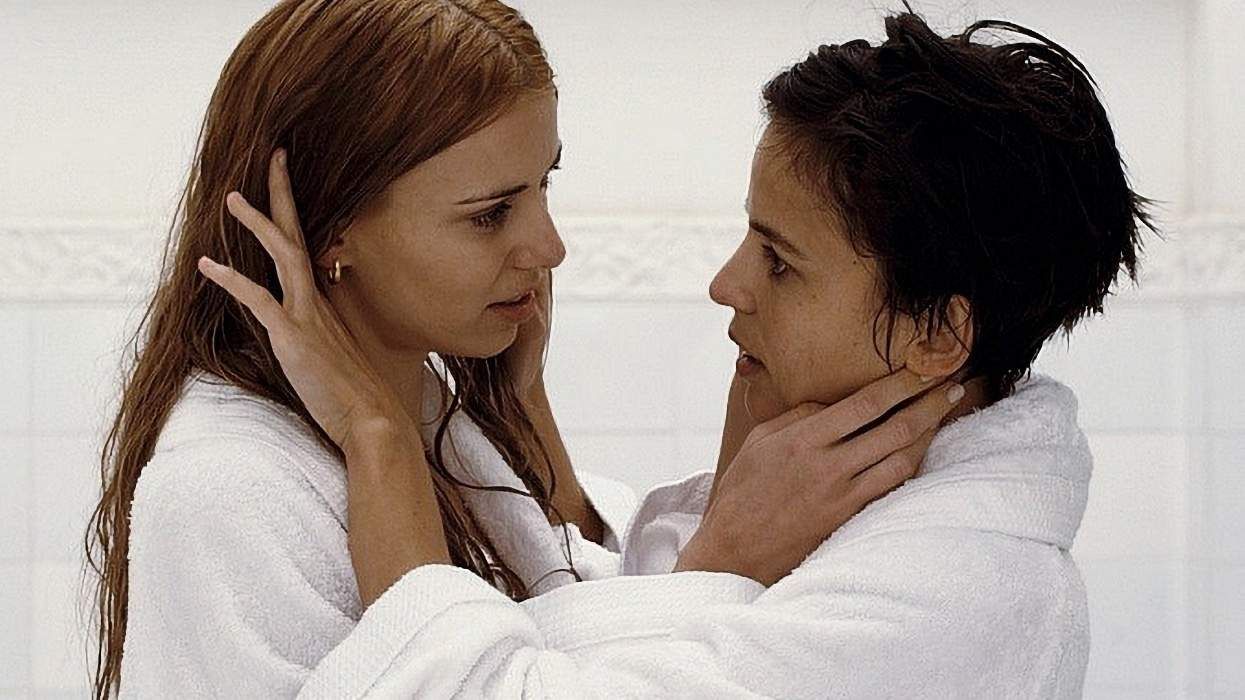





































 Cindy Ord/Getty Images
Cindy Ord/Getty Images

























